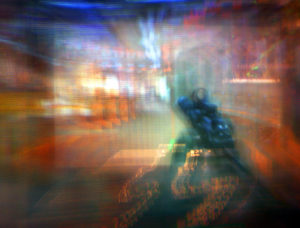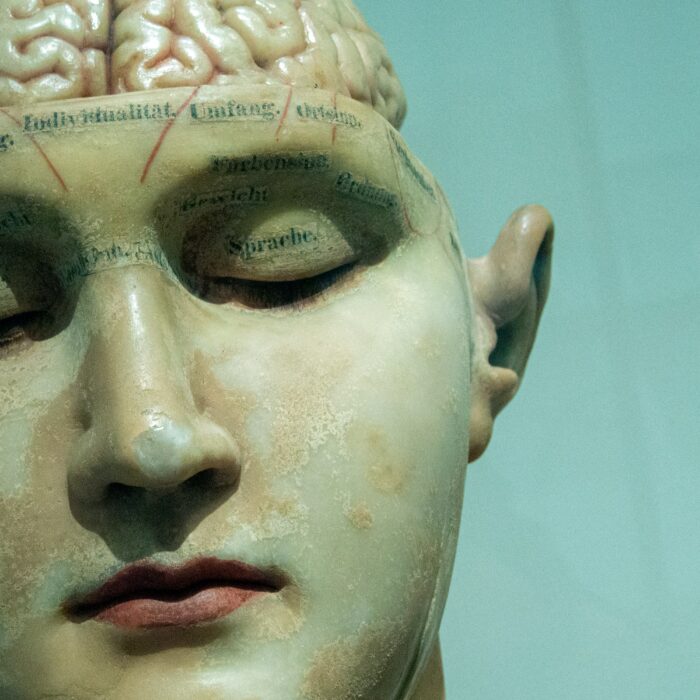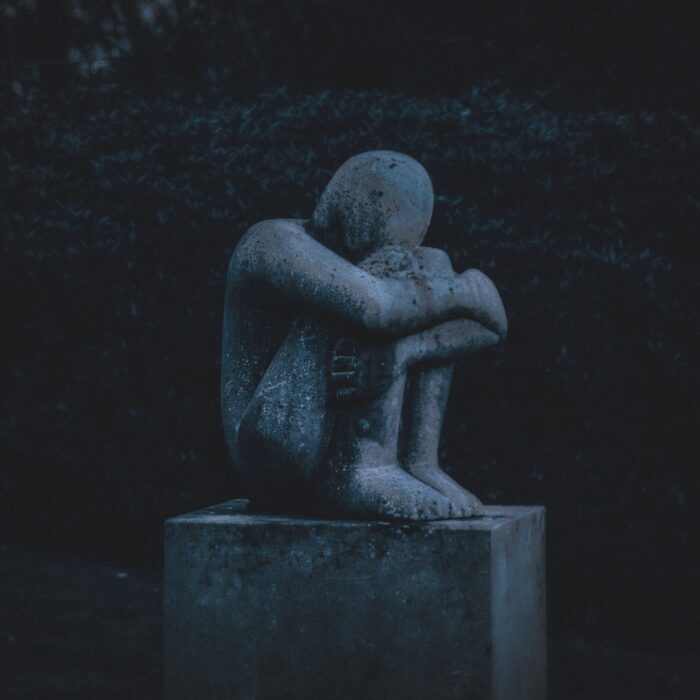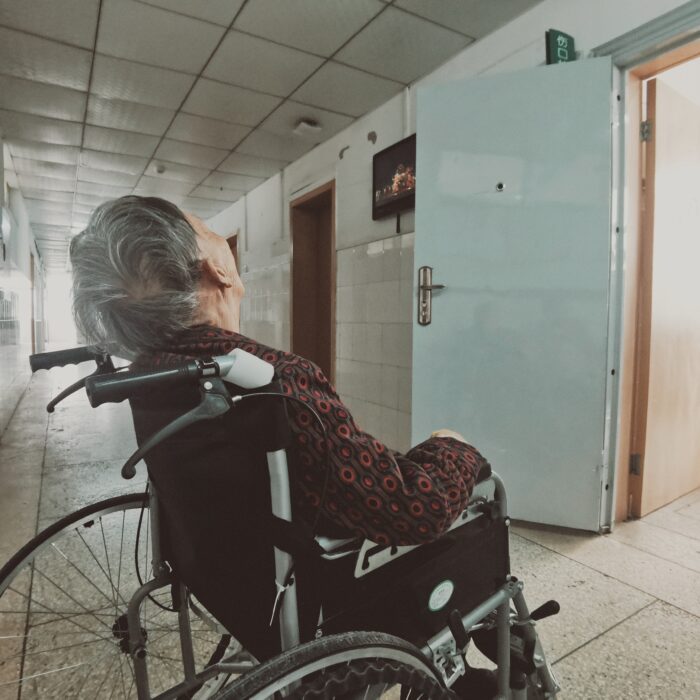You have no items in your cart. Want to get some nice things?
Go shopping He felt the sweat slowly stain his only button-up shirt, a third-hand Mexican wedding number – brown – he inherited from his cousin – white. He shifted his weight hoping to catch the breeze that never came despite the open windows, the cracked door. He stared at the gun, its cool metal asking him to cradle it, run it against his brow.
He felt the sweat slowly stain his only button-up shirt, a third-hand Mexican wedding number – brown – he inherited from his cousin – white. He shifted his weight hoping to catch the breeze that never came despite the open windows, the cracked door. He stared at the gun, its cool metal asking him to cradle it, run it against his brow.
It had been four years, three months and five days since his release. He remembered the first taste of rain on the outside—how the same showers that reminded him of life and renewal out on the yard, had suddenly tasted of metal, arsenic and sadness—just the first in a series of disappointments to come. Now he was far from the pen and the northeastern coast, where you could count on a summer storm to break the heat.
Here time and luck got stuck in the molasses-like air, but here he had family. Family that took him in with only a few questions asked, that set him up with odd jobs and three squares. He wanted to be on his own. He missed having a regular eight-hours-a-day for regular pay with decent benefits, the respect steady work can bring, and the women who would love you for life if you could provide kindness and stability. But he was a marked man. A felon. A box to be checked on job applications, housing applications, and might-as-well-be-dating applications. He was grateful for the kindnesses of kin.
Looking at the gun, he wondered if he had remembered to take his meds this morning, half-aware that he should probably be well clear of a firearm if he hadn’t. He watched as his fingers inched closer to the pistol. “Just to feel some relief from the heat,” he said softly to no one. Then he felt the internal gears shift, his focus grow taut then loose. His reasoning muddled as his body took over. Dissociation – that was what the court-ordered therapist called it. Dissociation caused by trauma or stress, by the war, his divorce, his brother’s death or by his pre-adolescence full of pot-too-young and men-too-mean. But he knew it started earlier.
He remembered feeling separated from his brothers as they played freeze tag with the kids down the street. He could see his body running – dazed. He could almost reach out and touch his own shoulder. He wasn’t scared or upset—not that he could recall—just curious. He thought, “So, this is how I look.” From this perspective, he could see the easy way they laughed and joked with each other, an ease he would learn to cultivate to survive.
In this moment, however, he knew it was pure 100-proof fear that was making his mind go numb, his body go on instinct. He gripped the steel handle briefly, then brought both hands up until they held the gun like a Buddhist offering—a benediction at his brow that felt more like a stoned dance with a tiger, not coiled or cautious or sexy enough for anyone’s good. Then he touched the gun to his right cheek, his left, his nape. He felt the temporary exquisite relief of cold on sweat. He paused and waited for his hand to decide its next move.
“Bet you’re wondering how I knew ‘bout your plans to make me blue,” sang his sister Amy. “Hey, Stevie, how’s the rest of it go?” she asked, slowly walking to him, making sure she was in sightline but not in line with the gun. He was still waiting for his hand, but now he was also working through the melody, feeling the gears shift a bit, his mind returned a bit more to his body. “’With some other guy that you knew before,’ and then what?” she persisted, the counselor’s instructions echoing inside. “I am getting stuck there. They are on the tip of my tongue. I know you must know. The raisin song, you know.”
She was right. He knew. He felt the breath come back in, his eyes become clear. He was whole again. He didn’t need to hold the gun. It felt good though. He toyed with the idea of just aiming at something, to remember the rush of power, of something or someone’s fate in your now less steady hands. “Between the two of us guys, you know, I loved you more,” he said under his breath. “What was that, Stevie?”
For a moment, he was angry at his sister. Angry with a gun in his hand. Angry with a hunger to feel in charge of something in his life. In control. For a moment, he was battling Marvin Gaye and the classic Motown bass lines that triggered his snake brain, brought him back. For a moment, he was in between—aware but focused only on the feeling in his hand that flooded his body. For a moment he was all endorphins and adrenaline and Detroit. And he wanted but didn’t want his sister to move just a little more to the right. For a moment he was in between, breathing, waiting, aiming, hoping and hating the hope.
Then his throat took over, “It took me by surprise, I must say,” he sang surprisingly well, and the moment was over. The gun was down. His sister was slowly moving it to another room, all the while singing with him, as if this were just another household chore, another toy to pick up and put away, another child to placate. He might have felt shame then—at losing his cool, at wanting to inflict harm, at being discovered—had he not felt solace and exhaustion and the slow creep of humidity return.

About Heather Bourbeau
Heather Bourbeau’s fiction and poetry have been published in 100 Word Story, Alaska Quarterly Review, Duende, Eleven Eleven, Francis Ford Coppola Winery’s Chalkboard, Open City, and The Stockholm Review of Literature. She has been nominated for a Pushcart Prize and has worked for the UN peacekeeping mission in Liberia and UNICEF Somalia.




